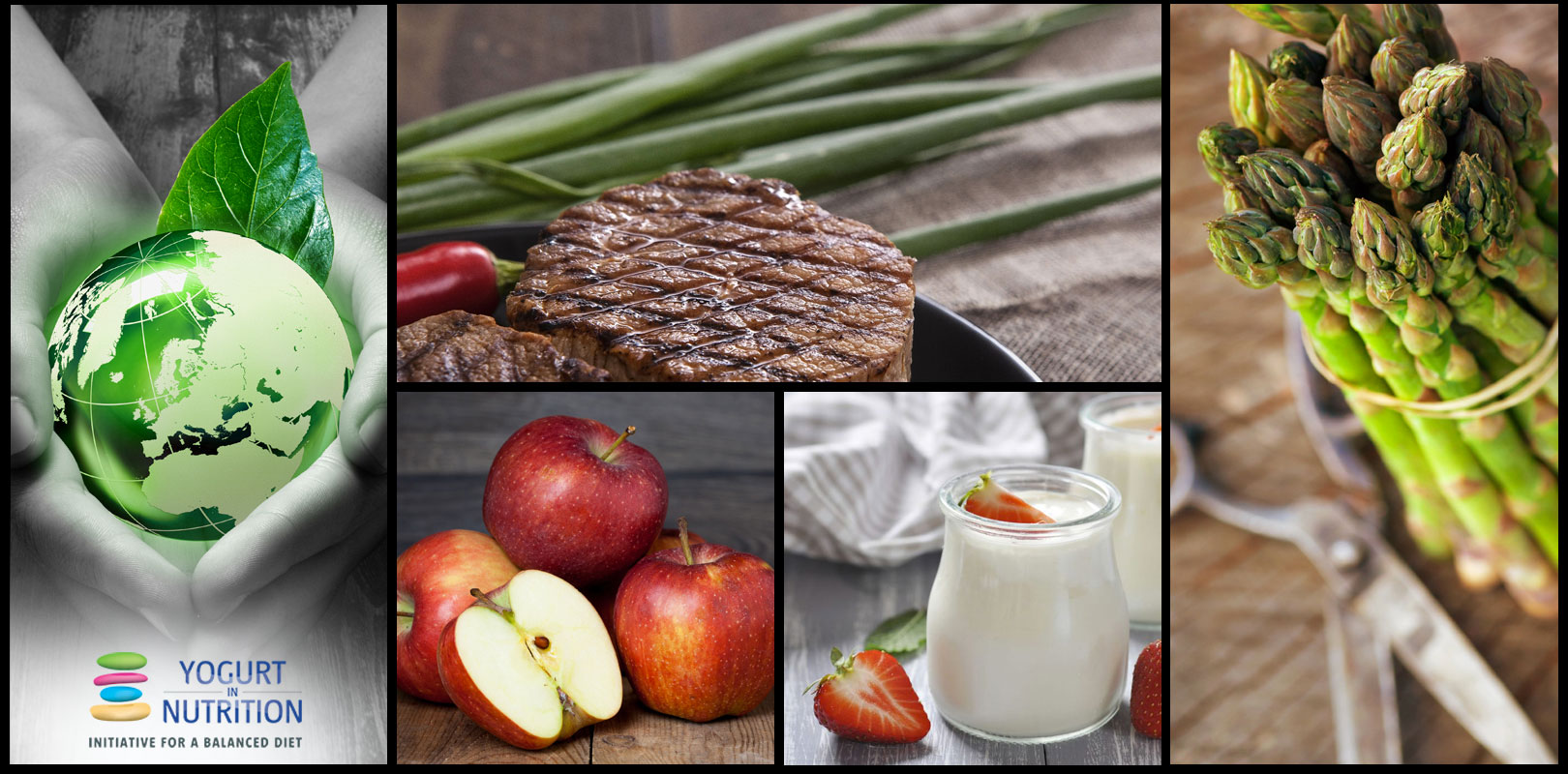Public health, nutrition challenges and respect of the planet are compatible
In the United Kingdom, as in many other countries, the common diet population habits fail to meet dietary recommendations. These dietary patterns not only contribute to a high prevalence of obesity, but may also have a high environmental impact. It’s estimated that the food system accounts for 18–20% of UK annual GHGEs (greenhouse gas emissions), which is one element of environmental sustainability. The aim of this study was to estimate if the reduction of GHGEs could be achieved, while meeting dietary requirements for health, by using mathematical modeling.
Eating healthy and sustainable is feasible without upsetting habits
The first model (without any acceptability constraints) failed. With a 90% reduction in GHGEs, it included only 7-food items, all in unrealistic quantities. The addition of acceptability constraints (which includes a number of cultural, nutritional, and economic reasons for both consumers and producers) gave a more realistic final sustainable diet with 52 foods meeting the nutrient recommendations of fruits, dairy, fish intakes and smaller amounts of meat than in current diet with reduced GHGEs by a lesser amount of 36%.
The proportion of dairy products in the sustainable diet was similar to current dietary intakes, but the type of dairy products were lower in fat. In the current UK diet, 24.5% of dairy products come from ice cream, butter, and cream. In the other hand, only 5.3% of this dairy subtypes are present in the sustainable diet, which included more milk than the current diet (62% vs 42% of the dairy products). This study demonstrates therefore that it is possible to create healthy diet with lower GHGEs without the elimination of meat and dairy.
No additional cost to consumers
The changes to be made wouldn’t result either in a increased cost for the consumer. On the basis of the cost of midrange supermarket products in the United Kingdom in September 2010, the cost of the food in the sustainable diet was estimated to be£ 29.00 ($46.00)/wk, which is equivalent to 89% of the current average UK ex-penditure on food.
To learn more, read the original article.



